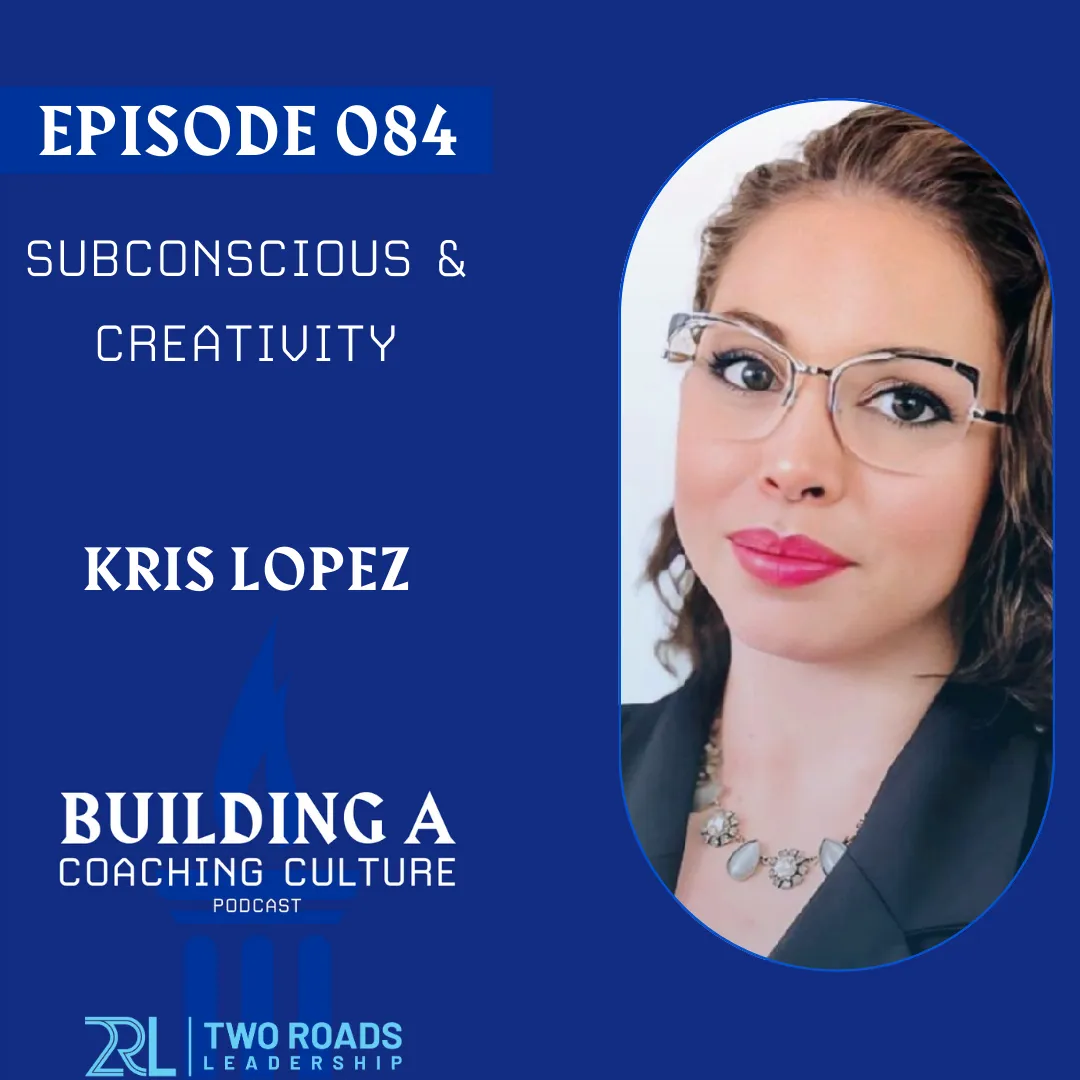Today, J.R. and Lucas Flatter are joined by our guest, Kris Lopez, a Tech Sergeant in the United States Air Force with nearly 17 years of service. Kris's journey in the Air Force has been diverse as they've held roles such as a maintenance manager overseeing aircraft fleets, including F-16s and B-1s, as well as managing engines. Currently, Kris serves as the Director of Operations for the 48th Fighter Wing Innovation Office, affectionately called LibertyWERKS.
Kris shares concerns about how AI can diminish our ability to think creatively and problem-solve, leading to a homogenization of thought. We discuss the significance of emotional intelligence in decision-making, the struggle with conflict resolution for younger generations, and the power of open-minded conversations.
Key Takeaways:
* How to Understand Compassion and Leadership
* The Impact of Refusal to Listen and a Difficult Attitude on Perceptions of Leadership
* The Importance of Mission-Essential Soft Skills for Professional Growth
* The Meaning of Words and Lifelong Learning
* The Role of AI and Creativity
Join us as we unravel the complexities of evaluating ideas, bridging communication gaps, and navigating the journey of continuous learning and growth.
Building a Coaching Culture is presented by Two Roads Leadership
Produced, edited, and published by Make More Media
Episode Links
Kris Lopez
J.R. Flatter
Founder of Two Roads Leadership
Lucas Flatter
Resources
2RL 4 day Coach Certification Bootcamp
2RL ICF-Approved Coach Certifications and Trainings
Transcript
Automatic Transcription - please excuse any errors

